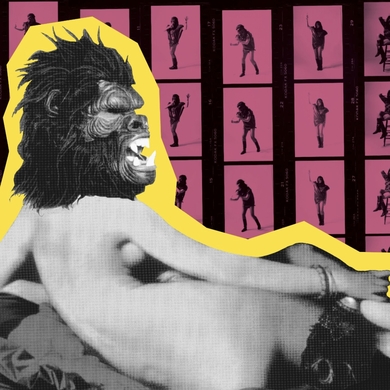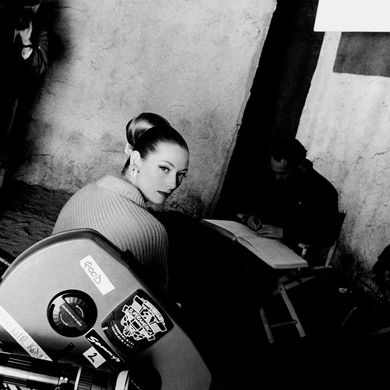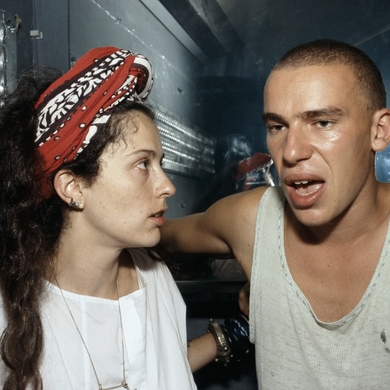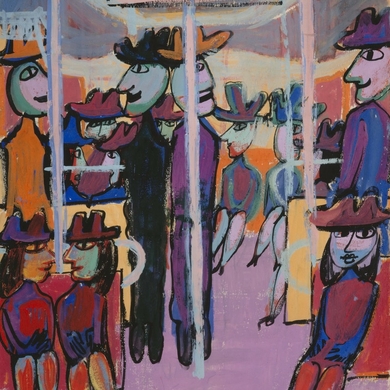Vincent van Gogh moved to Auvers-sur-Oise, a pretty town 15 miles outside of Paris, on May 20, 1890. Despite his precarious mental state, he penned a letter to his brother, Theo: “Auvers is really beautiful,” he wrote, “among other things many old thatched roofs, which are becoming rare … It’s the heart of the countryside, distinctive and picturesque.” Over the next couple of months, Van Gogh painted the sky and cityscape diligently, sometimes frantically. In July of the same year, he painted Street in Auvers-sur-Oise—thatched roofs, lawns, blue overhead, but incomplete, missing patches of paint. On July 29, the artist shot himself with a revolver in a field near town and died two days later, Theo by his side. Works from Van Gogh’s last months are the focus of this poignant exhibition. “My life,” he wrote on July 10, “is attacked at the very root, my step also is faltering.” —Elena Clavarino
Arts Intel Report
Van Gogh in Auvers-sur-Oise

Vincent van Gogh, The Church at Auvers-sur-Oise, 1890.
When
May 12 – Sept 3, 2023
Where
Etc
Photo: Patrice Schmidt/RMN-Grand Palais



